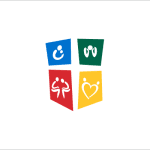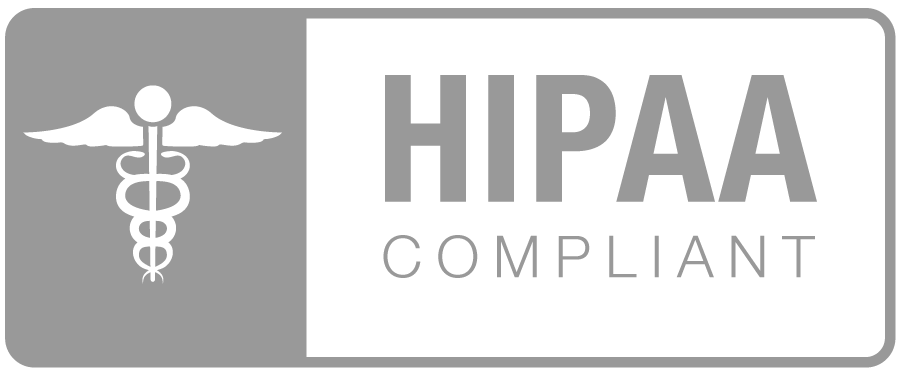Drugs and alcohol have a greater effect on teens than on adults. The signs of addiction can be difficult to understand, and many teens don’t realize the long-term damage drugs have on their bodies because the short-term side effects fade. Help is available for teens who have questions about drug abuse or think they are suffering from addiction.
Effects of Teen Drug Use
Drugs affect children and teens more dramatically than adults because a person’s brain is still growing and developing until around age 25. The brain develops unevenly, though. The parts of the brain in charge of coordination, emotion and motivation develop much more quickly than the parts that control reasoning and impulse.
That is why teens seem to respond emotionally much more often than adults. It’s also why they’re more prone to risk-taking behavior. A developing brain is also more easily damaged than a fully matured brain.
Alcohol and other drugs disrupt brain development. They negatively affect memory and a person’s ability to respond to stimuli and stressful situations. That’s why people who abuse drugs at a young age often suffer mental health problems — like depression, personality disorders or suicidal thoughts — later in life.
The number of children age 12-17 who need treatment for a substance abuse problems is 2 Million.
Trends
The percentage of American teens who smoke marijuana has been rising for the past three years, but the percentages of teens who smoke cigarettes or binge drink have been declining for the last five years. Marijuana and prescription drugs rank among the top illicit drugs abused by teens.
Alarmingly, in 2014 there were more teens who considered smoking marijuana risky than there were in the previous two years. More teens also believed consuming four or five alcoholic beverages daily to be of low risk compared to teens surveyed in previous years.
The percentage of female teens who abused prescription painkillers — the leading cause of drug overdose death in the U.S. — was much higher than that of male teens in 2014. A total of 5.4 percent of females ages 12 – 17 admitted to abusing painkillers that year, compared to 4 percent of males.
Consequences of Teen Drug Abuse
The most severe consequence associated with abusing drugs is death — whether it’s by overdose, traffic accidents, crime-related activity or other causes. Youth who abuse drugs tend to suffer from a variety of other consequences:
- Their grades drop.
- They have health problems.
- Their relationships with peers suffer.
- Their relationships with family suffer.
- They get into trouble with law enforcement.
Problems in school are almost always noticeable when teens abuse drugs. They’re absent or tardy more often. They struggle to learn as quickly as peers, and they get into trouble for misbehavior. They also tend to struggle to socialize with peers who don’t use drugs.
Teens who abuse drugs get into accidents at a high rate. They suffer death from suicide, accident and illness much more often than teens who avoid drugs. Teens who share needles and other drug paraphernalia can contract diseases, such as HIV. Many drugs damage the body’s immune system, too, making it more difficult to recover from minor illnesses.
This content was provided by drugrehab.com. Visit their website for more information on substance abuse and how you can get help.
CounselingWorks is a ministry of ChristianWorks for Children. We provide counseling for children, teens and adults in DFW on an affordable sliding scale fee.
IF YOUR FAMILY IS EXPERIENCING AN EMERGENCY, PLEASE CONTACT ONE OF THE FOLLOWING ORGANIZATIONS TO ASSIST YOU DURING TIMES OF IMMEDIATE NEED.
- The Right Step
Provides treatment of drug addiction and alcoholism: Detox, Residential Treatment, Intensive Outpatient, Intervention Services, Transitional Living and Recovery Maintenance
www.rightstep.com
1-87-SOBRIETY - Solutions Outpatient Services
Provides alcohol and drug abuse intensive, evening, outpatient treatment program for adolescents and adults utilizing the Twelve Step model and Family Systems approach.
www.sosdallas.com
214-369-1155



